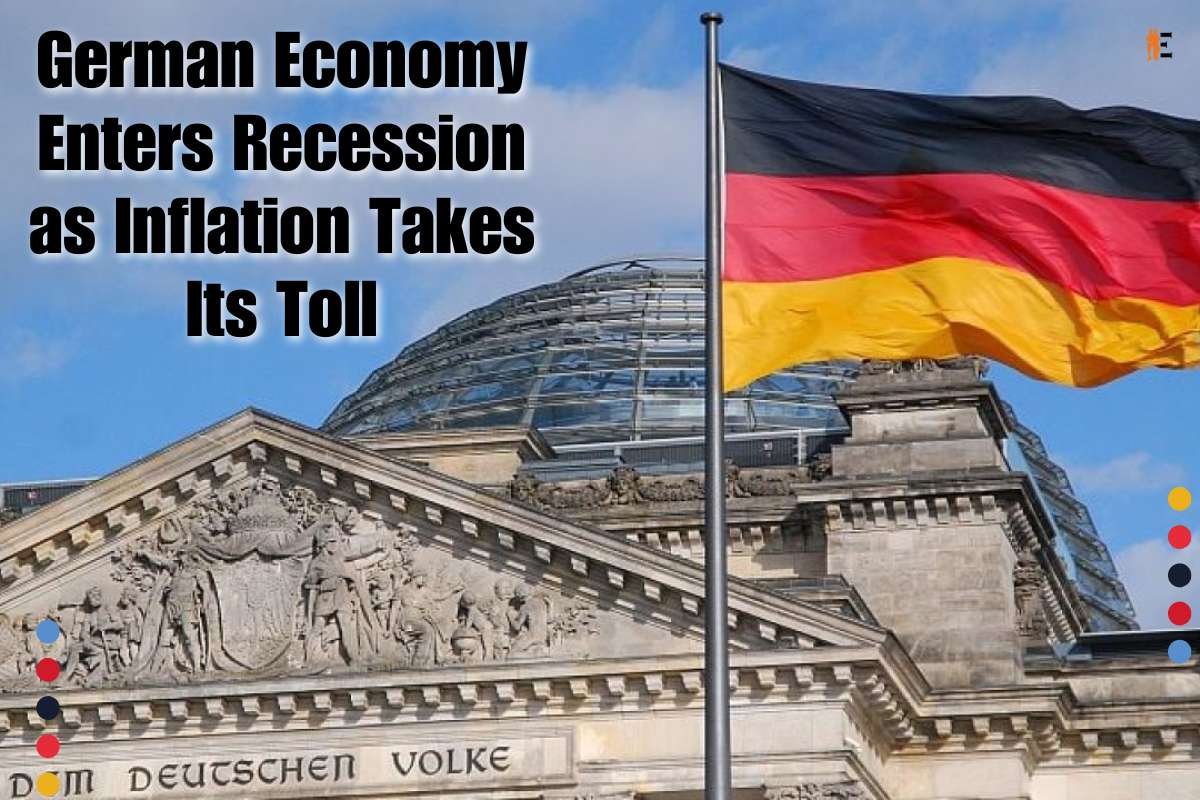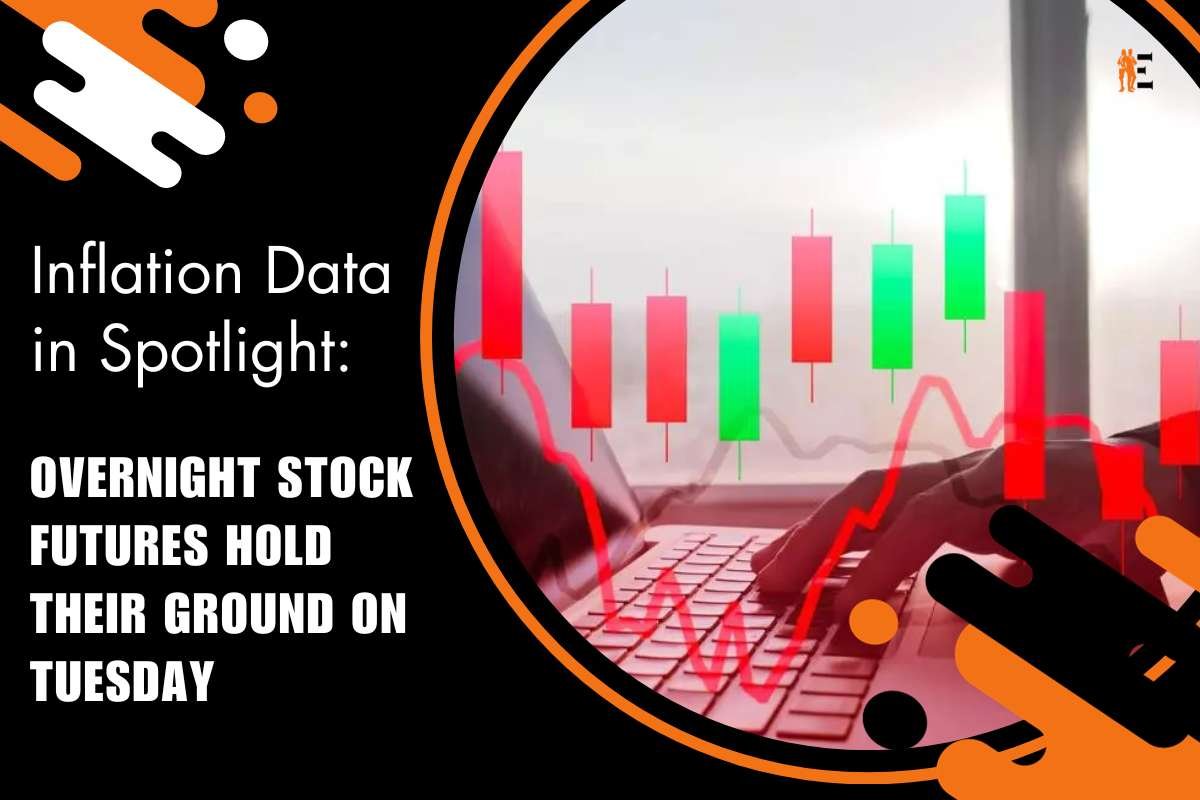The German economy slipped into a recession in early 2023 as household spending in Europe’s leading economic powerhouse succumbed to the pressure of high inflation. The country’s gross domestic product (GDP) contracted by 0.3% in the first quarter of the year after adjusting for price and calendar effects, according to a second estimate from the statistics office released on Thursday. This follows a decline of 0.5% in the fourth quarter of 2022. A recession is typically defined as two consecutive quarters of contraction.
Negative Signals
The latest GDP data for the German Economy has revealed “surprisingly negative signals,” remarked Finance Minister Christian Lindner on Thursday. He expressed concerns that in comparison to other highly developed economies, Germany’s growth potential was diminishing. Lindner emphasized his reluctance for Germany to be ranked among the lowest-performing countries and cited forecasts from the International Monetary Fund, which predicted a recession in 2023 for Germany and Britain among European nations.
Germany’s economy minister, Robert Habeck, attributed the recession to his country’s previous heavy reliance on Russia for energy supply. However, he acknowledged that the growth forecasts were even more bleak. Habeck asserted that Germany was currently fighting its way out of the crisis during an event in Berlin.
“The German consumer has fallen to his knees under the weight of immense inflation, dragging down the entire economy with him,” stated Andreas Scheuerle, an analyst at DekaBank.
Household consumption recorded a significant decline of 1.2% quarter-on-quarter after adjusting for price, seasonal, and calendar effects. Government spending also experienced a notable decrease of 4.9% during the quarter.
Industrial Rebounds
Despite the recessionary pressures, there were some positive aspects. Investment rebounded in the first three months of the year after a weak second half of 2022. Investments in machinery and equipment increased by 3.2% compared to the previous quarter, while construction investments rose by 3.9%.
Trade also made positive contributions, with exports increasing by 0.4% and imports declining by 0.9%.
Carsten Brzeski, ING’s global head of macro, pointed out that despite a rebound in industrial activity driven by the reopening of China and alleviation of supply chain frictions, the warm winter weather was insufficient to lift the German Economy out of the recessionary zone.
“The significant rise in energy prices took its toll during the winter months,” noted Joerg Kraemer, chief economist at Commerzbank.
Germany Enters Recession as Inflation Hurts Consumers
What the future holds?
As the German economy faces this recession, the question now arises whether there will be any recovery in the second half of the year. Key indicators in the manufacturing sector are already showing signs of decline, and weak economic activity is expected due to factors such as reduced purchasing power, strained industrial order books, aggressive monetary policy tightening, and an anticipated slowdown in the U.S. economy.
Despite these challenges, the German Bundesbank anticipates modest growth in the second quarter, driven by a rebound in the industry that will offset stagnating household consumption and a slump in construction, according to a monthly economy report released on Wednesday.
Also Read: Eurozone Inflation Eases to 6.1%











